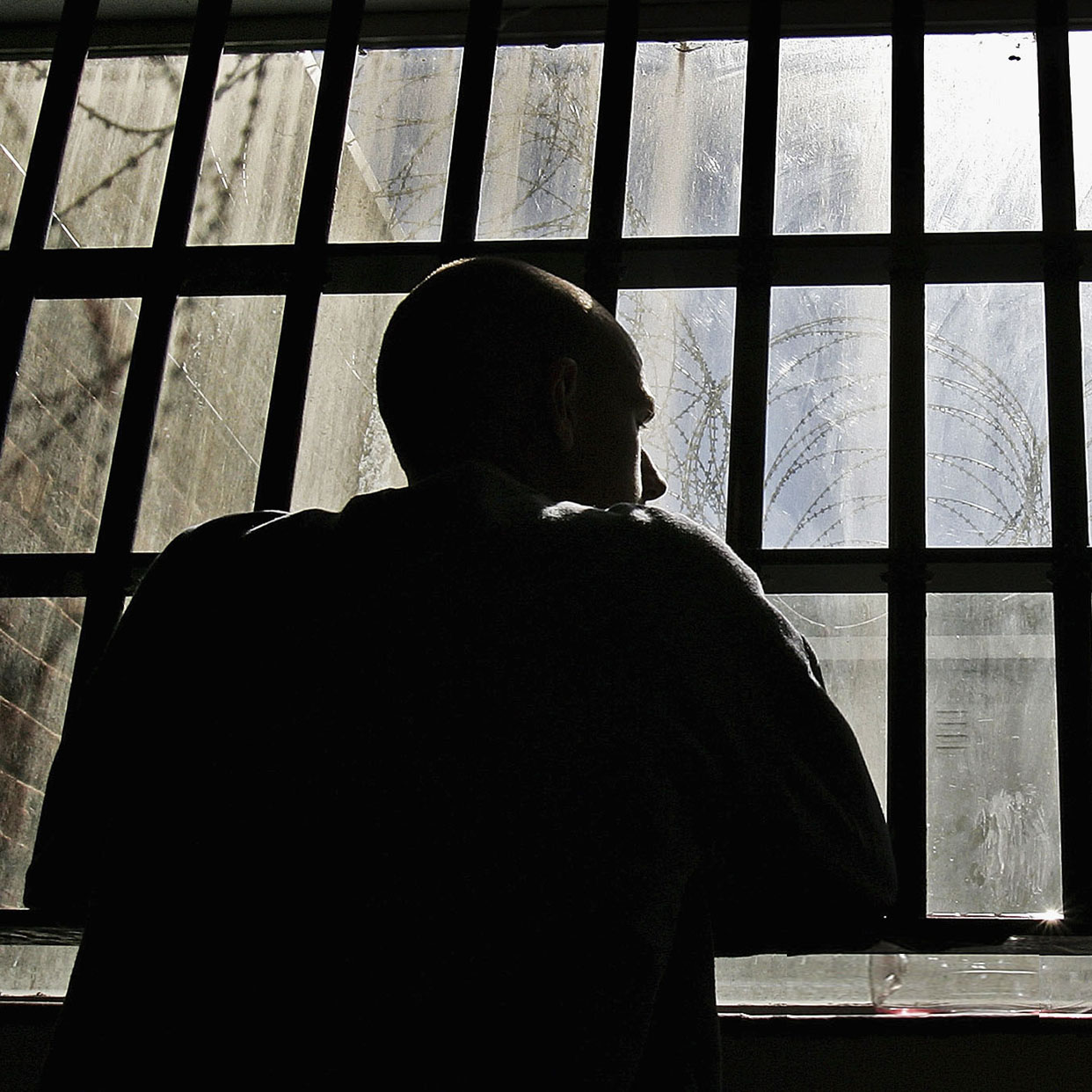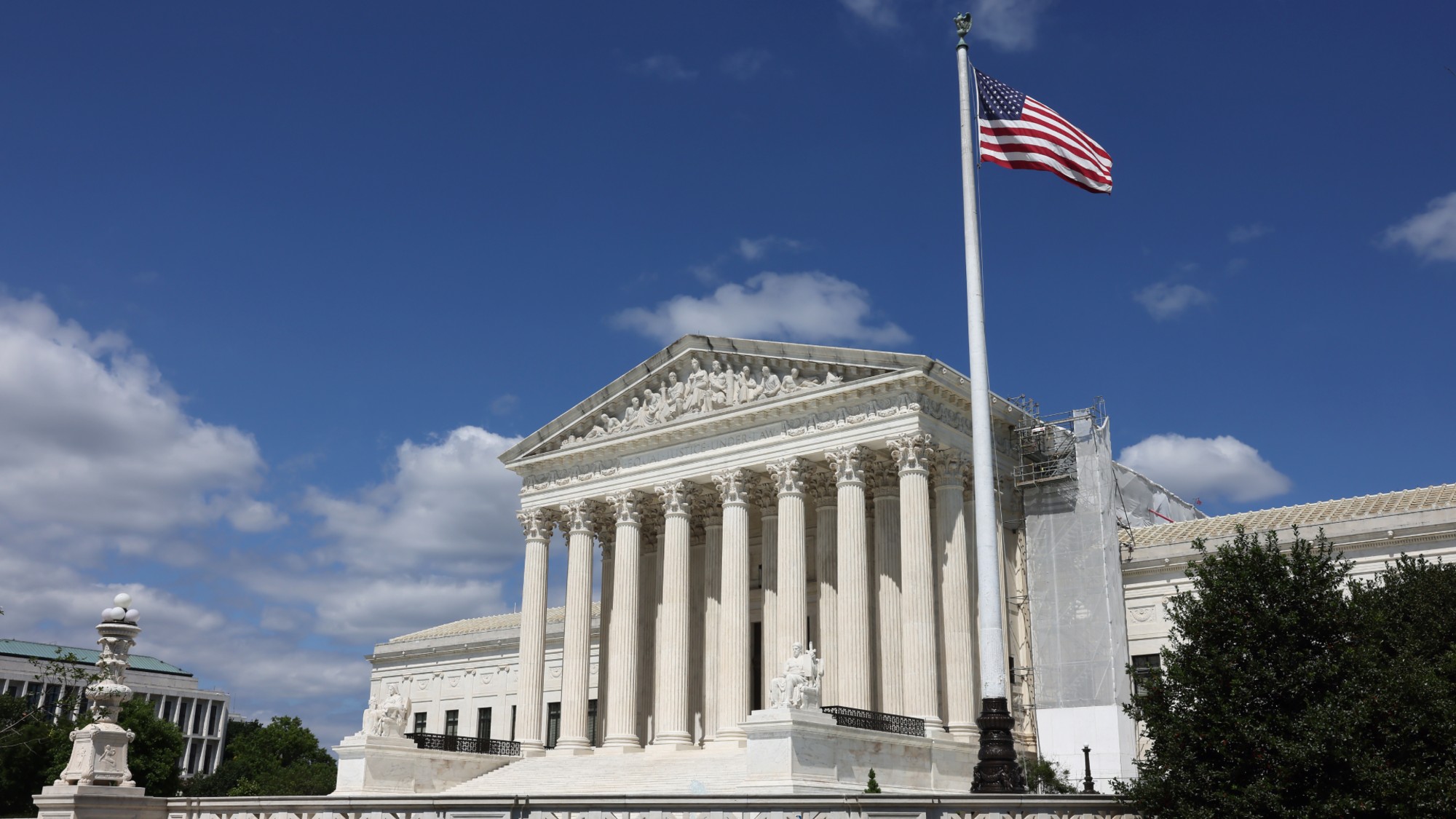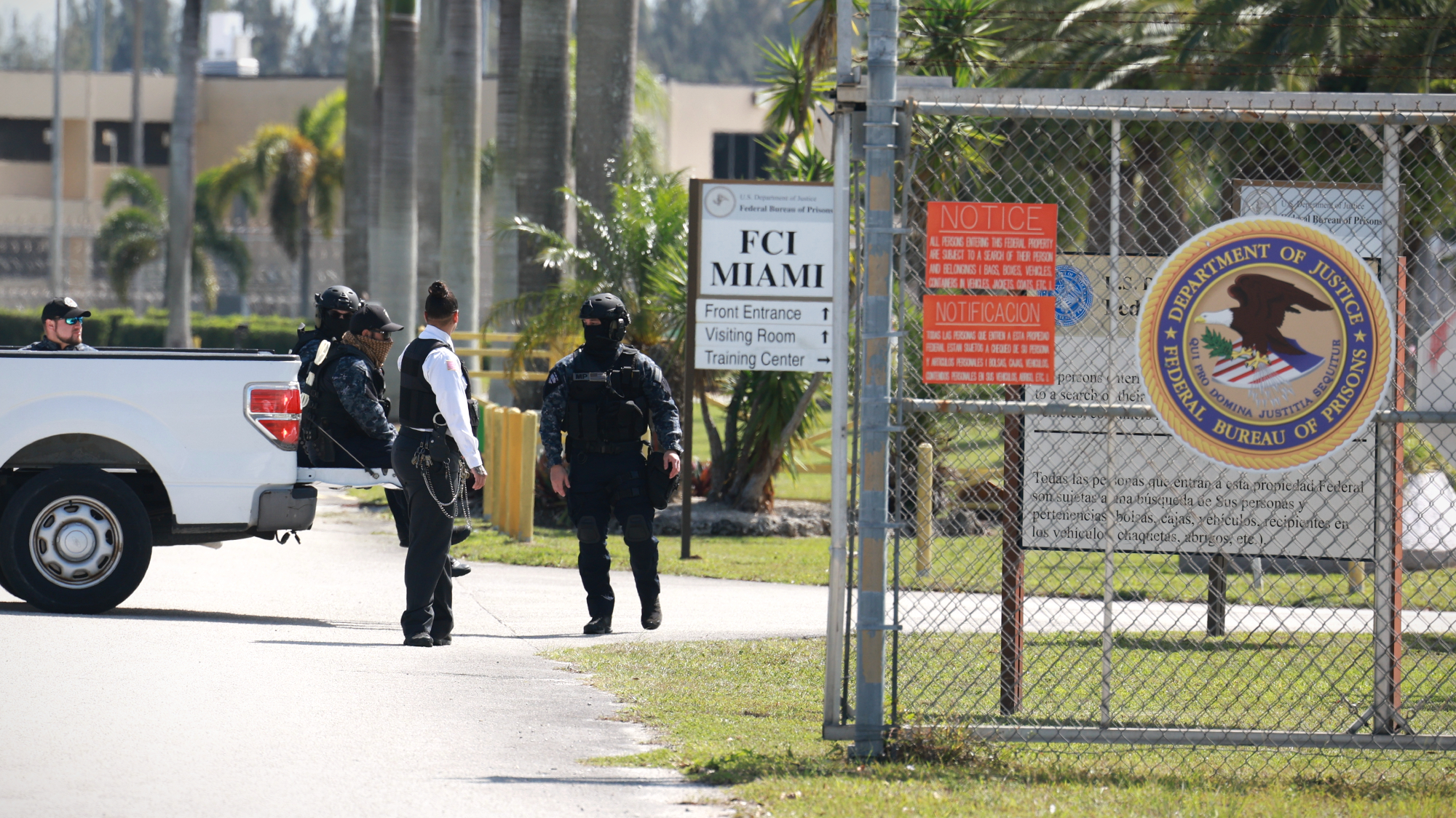Inmate given ‘indefinite' IPP sentence to go free after 11 years
James Ward was convicted of minor assault, but a now-banned public protection scheme kept him behind bars for an extra ten years

A free daily email with the biggest news stories of the day – and the best features from TheWeek.com
You are now subscribed
Your newsletter sign-up was successful
A man who has spent 11 years in prison without a release date due to a controversial and now-banned legal procedure is to go free, the Parole Board has said.
At the age of 19, James Ward “got into a scuffle with his father, Bill, over the family dog and lashed out”, the BBC reports, resulting in a year-long sentence for actual bodily harm.
Ward, who suffers from mental illness, fell apart under the strain of prison life and set fire to a mattress. He was then told he must spend at least ten more months under the Imprisonment for Public Protection programme (IPP), which allowed the indefinite extension of the sentences for prisoners considered a reoffending risk. There was no maximum tariff.
The Week
Escape your echo chamber. Get the facts behind the news, plus analysis from multiple perspectives.

Sign up for The Week's Free Newsletters
From our morning news briefing to a weekly Good News Newsletter, get the best of The Week delivered directly to your inbox.
From our morning news briefing to a weekly Good News Newsletter, get the best of The Week delivered directly to your inbox.
Eleven years later, aged 33, he will finally regain his freedom after the Parole Board determined that he was no longer a risk to the public. However, Ward and his family say that he should never have been handed an indefinite sentence.
"James is not a risk to the public, he's only ever been a risk to himself,” his sister April told the BBC, saying that her brother (pictured below) had “given up” hope of leaving prison and reguarly self-harmed.

Introduced in 2003 as part of reforms designed to bolster the Labour government’s ‘tough on crime’ credentials, IPP orders came into effect in 2005. They allowed judges to impose an indeterminate sentence for prisoners convicted of one of 153 violent or sexual offences, if they were considered at serious risk of re-offending.
In order to secure release, prisoners serving IPP had to satisfy a Parole Board hearing that they were no longer a danger to the public.
A free daily email with the biggest news stories of the day – and the best features from TheWeek.com
Intended as an extreme measure to keep the most dangerous criminals off the streets, IPPs “became a safe option for judges who were worried about a public backlash if lenient sentencing resulted in an offender committing a violent crime upon release,” says The Guardian.
However, the concept of imprisonment to prevent hypothetical crimes attracted criticism from human rights groups and made many members of the judiciary uncomfortable.
Senior appeals judge Lord Justice Judge wrote in 2006 that the IPP system “does not represent punishment for past offending”, supposedly the principle at the heart of the penal system. “The decision is directed not to the past, but to the future,” he said.
After the European Court of Human Rights ruled that IPPs were “arbitrary and unlawful” in 2012, the legislation was dismantled by then-justice secretary Ken Clarke, who called IPPs a “stain” on the justice system.
However the abolition of IPPs did not apply retroactively. As of last month, 3,300 prisoners were still serving time with no official release date.
Last year, chief inspector of prisons Peter Clarke said that Justice Secretary Liz Truss needed to “get a grip” on the backlog in dealing with the IPP inmates still “languishing in jail”, some more than a decade after the expiry of their original tariff.
-
 Local elections 2026: where are they and who is expected to win?
Local elections 2026: where are they and who is expected to win?The Explainer Labour is braced for heavy losses and U-turn on postponing some council elections hasn’t helped the party’s prospects
-
 6 of the world’s most accessible destinations
6 of the world’s most accessible destinationsThe Week Recommends Experience all of Berlin, Singapore and Sydney
-
 How the FCC’s ‘equal time’ rule works
How the FCC’s ‘equal time’ rule worksIn the Spotlight The law is at the heart of the Colbert-CBS conflict
-
 The age of criminal responsibility
The age of criminal responsibilityThe Explainer England and Wales ‘substantially out of kilter with the rest of the world’, says filmmaker whose drama tops Netflix charts
-
 How far does religious freedom go in prison? The Supreme Court will decide.
How far does religious freedom go in prison? The Supreme Court will decide.The Explainer The plaintiff was allegedly forced to cut his hair, which he kept long for religious reasons
-
 Congress OKs greater prisons oversight
Congress OKs greater prisons oversightSpeed Reads The legislation came after reporting from The Associated Press exposed corruption in the prison system
-
 Whole-life sentences: when life in prison actually means life
Whole-life sentences: when life in prison actually means lifefeature Lucy Letby becomes only fourth woman in UK to receive country’s harshest penal punishment
-
 What’s causing the ‘chaos’ in the UK criminal justice system?
What’s causing the ‘chaos’ in the UK criminal justice system?Today's Big Question Shortage of prison cells and real-terms pay cut for solicitors has increased talk of ‘crisis’
-
 Should ministers have powers to stop early release for prisoners?
Should ministers have powers to stop early release for prisoners?Talking Point Inmates could be forced to serve the full term of their sentence under new powers